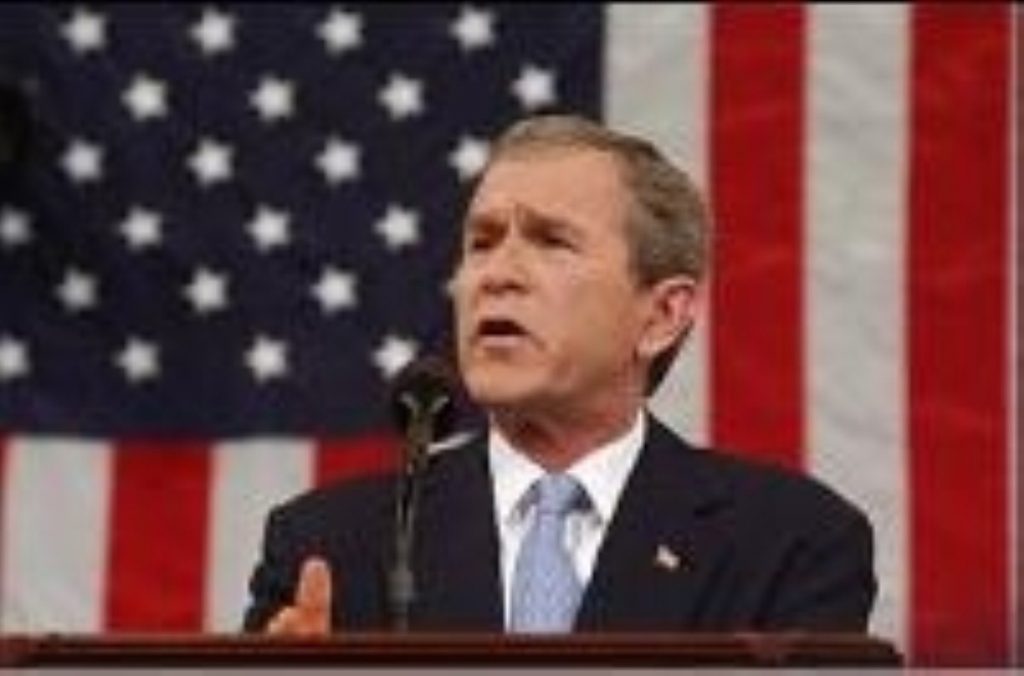Bush in South Africa
US President George W Bush is not having an easy time of it in Africa.
Hundreds of demonstrators have protested against the US’ unilateral action against Iraq in Senegal, the start of Mr Bush’s five-day tour of the continent.
Ahead of his arrival, protesters on the streets of the capital Dakar on Monday called Mr Bush a murderer and a butcher in light of the US’ military campaign in the Middle East.
He is expected to meet similar criticism on the next leg, in South Africa.


There, members of the African National Congress, the South African Communist Party, and trade unions activists will make Mr Bush’s stay as politically uncomfortable as possible.
Many are frustrated with the foreign policy of the US, which has more than once ridden roughshod over the auspices of the United Nations.
Bush meets South African President Thabo Mbeki in Pretoria on Wednesday, where the leaders are expected to discuss the pandemic problem of AIDS, President Robert Mugabe’s Zimbabwe, the war on terror, and possibly GM issues.
National Security Adviser Condoleezza Rice and Secretary of State Colin Powell are with Mr Bush on the trip.
He is also pencilled in to visit Botswana, Uganda and Nigeria later in the week.
The Bush administration has already promised to hand out $15 billion over the next three years to combat AIDS.
In Senegal, Mr Bush said slavery was one of history’s “greatest crimes.”
At Goree island, a former slave depot, Mr Bush said: “At this place, liberty and life were stolen and sold.
“One of the largest migrations of history was also one of the greatest crimes of history.
“The racial bigotry led by slavery did not end with slavery or with segregation. And many of the issues that still trouble America have roots in the bitter experience of other times.
“But however long the journey, our destination is set: liberty and justice for all,” Bush said.
On the issue of Liberia, Mr Bush said he would work to sustain the ceasefire there, and repeated his demand that President Charles Taylor of Liberia step aside to pave the way for new elections, but declined to comment on the prospect of sending US peacekeepers to the region.
Some consider the trip a two-pronged political play – on the one hand, a bid to garner support for US foreign policy and its war on terror, and on the other, domestically, to win over floating Afro-American voters ahead of next year’s presidential election.

